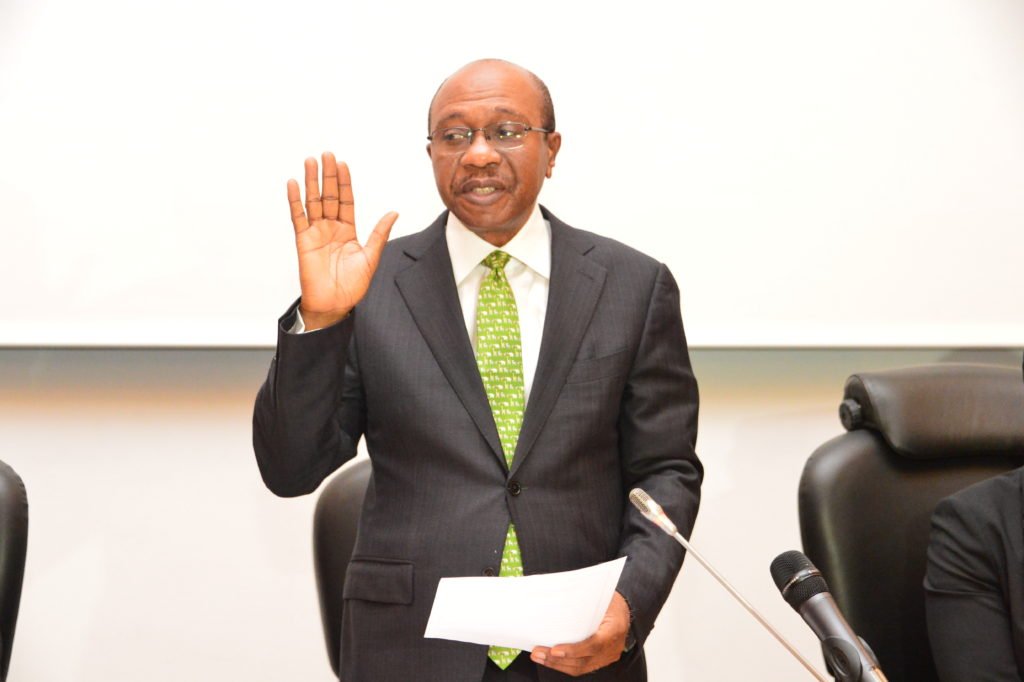Banks recorded non-performing loans of N1.3tn as of November which is still currently above the industry benchmark, according to the Central Bank of Nigeria.
Figures obtained from the CBN on Monday showed that the bad loans represented 5.4 per cent of the total gross credit in the banking sector, which is higher than the 5.0 per cent prudential benchmark.

The CBN Governor, Godwin Emefiele, said in a report, “Prudential indicators such as NPLs stood at 5.4 per cent in November 2021, while the CAR remained above 15 per cent indicating continued resilience of our banking system.
“Total gross credit rose by over 21.1 per cent over the past year, from N19.4tn to N23.5tn.”
The Monetary Policy Committee had at its last meeting urged the CBN to sustain current efforts to bring NPLs below five per cent.
Emefiele, during the last Chartered Institute of Bankers of Nigeria’s dinner in Lagos, said despite the challenges of the global COVID-19, the banking sector remained resilient.
He said: “However, the banking sector remained robust and sound due to prompt response by the central bank in order to prevent an economic crisis from spilling over into a financial crisis.
“As a result, the banking sector continued to consolidate on the gains of the recovery from the 2016 and 2017 recession. Although we saw some fragilities in the system, they constituted limited risks.”
He said despite the pandemic, the banking sector increased its lending to the public.
He said the CBN worked with the fiscal authorities in instituting strong policy support measures capped under the Economic Sustainability Plan, which was designed to contain the effects of the pandemic, restore stability to the economy by helping households and businesses affected by the pandemic and lift the economy out of the woods through massive interventions to critical sectors.
He said, “Under this plan, the monetary and fiscal authorities collectively mobilised and injected over N5tn to support households and businesses.
“It is gratifying to state that the Central Bank of Nigeria deployed more than N3.5tn – about 4.1 per cent of Nigeria’s GDP to critical sectors such as agriculture, manufacturing, electricity, and healthcare – in order to stimulate and help the economy recover from the deep shock.”
Some other specific policy measures undertaken, he added, included reduction of the monetary policy rate from 13.5 per cent to 11.5 per cent to improve the flow of credit to households and businesses, and reduction of the interest rate on CBN intervention loans from nine to five per cent.
He said the apex bank also extended the moratorium on principal repayments for CBN intervention facility to March 2022.


